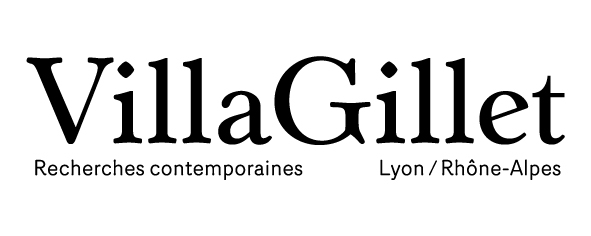Unruhe (Helen Oyeyemi)
I had a feeling that if I made my keyword one that I’d used in White is for Witching, then all the other hard working and carefully selected words would find out, feel under-appreciated and rebel. New readers would open the book and find all the words gone, or jumbled together. And it’d serve me right for choosing a favourite. So. The German word unruhe doesn’t appear in my book, but it corresponds with restlessness, disorder, disquiet, trouble, agitation, unease, worry, disturbance – it represents an atmosphere that I like a story to create.
Fritz Lang’s 1947 film The Secret Behind the Door is a good example of the work that disquiet does. It opens with the steady contemplation of the interior of a building, accompanied by the sound of a woman’s voice. The woman speaks of dreams. She says that some dreams are prophetic, and she lists images to look for. It takes a moment to truly enter the narrative, to understand that the building we’re seeing is a church, that the narrator is a woman who is about to marry her fiancé in that church, and that the talk of dreams has a special significance in that dreams are the kingdom of the subconscious. When we’re awake, we make decisions, and when we’re asleep our subconscious makes its opinion of those decisions known to us. ‘…And if she dreams of daffodils, she’s in great danger,’ our heroine informs us, and she adds that she’s been dreaming of daffodils lately. Just like that, we learn that this is a story about a woman who loves a man she’s afraid of. She doesn’t yet know exactly why she’s afraid of him, but she’s going to marry him and make his home her own. That home could well be her coffin in one way or another. We’ve been warned.
I find domestic thrillers satisfying on at least two levels – firstly, they undermine the patriarchal complacency of the concept of home as a ‘safe’ place and navigate undercurrents of the experience of childhood, gender and social class. Secondly, in this kind of thriller the threat of death and the imperative to preserve life becomes dependant on paying attention. So not only do details of the domestic realm come into focus, they become charged with an almost manic importance – the key in the lock, the faulty phone line, the selections and omissions made in a bedroom floral display. Dread sensitizes us to our environment, and that’s the thrill to be found in thrillers. Dread extends its cold fingers and pulls the certainties of home apart. Not content with that, it reaches further and taps the dimensions of society, sanity, and even consciousness. As we watch or read a thriller we temporarily participate in scenarios where it’s urgent that we revise our interpretations of what we see. When the mind goes to work in this way, our relationship with the world changes – we begin to interact with reality as if it’s alive in more or less the same way that we are. So… daffodils aren’t just flowers. They’re dangerous.
Pour citer cette ressource :
Helen Oyeyemi, Unruhe (Helen Oyeyemi), La Clé des Langues [en ligne], Lyon, ENS de LYON/DGESCO (ISSN 2107-7029), avril 2014. Consulté le 29/12/2025. URL: https://cle.ens-lyon.fr/anglais/litterature/entretiens-et-textes-inedits/unruhe-helen-oyeyemi-



 Activer le mode zen
Activer le mode zen

